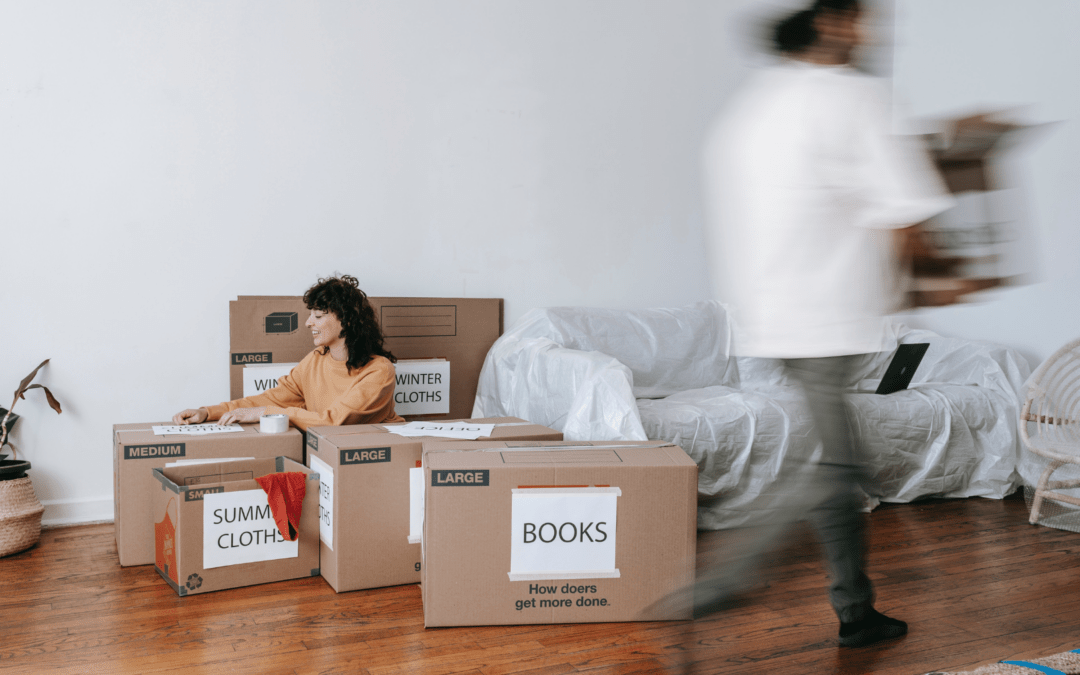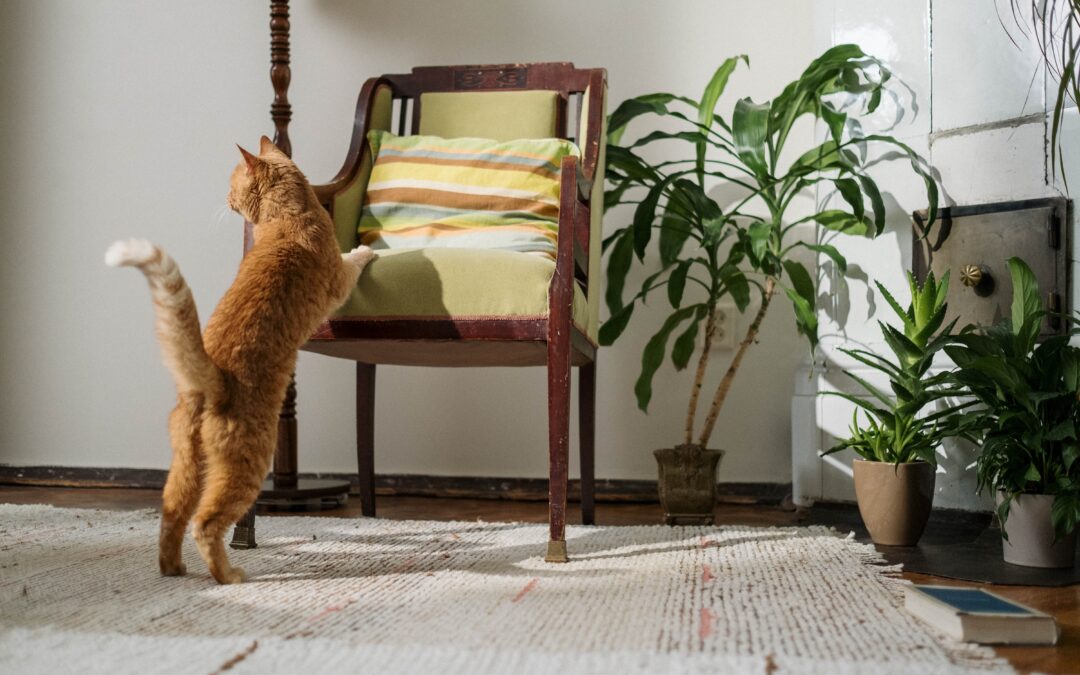The sixth and final episode of our home moving podcast, OnTheMove, was a complete Renting 101 where we explored the rental process and tackled the common FAQs that come with renting a property, from splitting bills to the ins and outs of break clauses.
You can listen to the full episode here, but to help you decide if renting might be right for you, we’ve collated some of the main takeaways to consider from the episode below.
Renting involves fewer upfront costs
When it comes to renting a property, there are fewer upfront costs required when compared to buying a property.
Both renting and buying a home involve saving for a deposit, but when purchasing a home, the deposit needed is much heftier and is usually around 5% to 15% of the price of the property, whereas when renting, you’d need a deposit worth one month’s rent.
In some cases, there are also alternative options to deposits when renting, so you may not need one at all.
Aside from a deposit, buying a home also comes with additional upfront costs such as Stamp Duty, estate agent fees, mortgage fees and conveyancing costs. On the other hand, these additional upfront costs aren’t needed when renting.
There are lower barriers to entry
Renting can often be a more achievable goal for home movers because of the lower barriers to entry when compared to the alternative of buying a property.
We’ve already outlined the fewer upfront costs associated with renting which can make it a more accessible option, but there are also fewer costs involved when actually living in a rental property. For example, if you own a property, you’re also completely responsible for any costs to repair damages or maintenance. On the other hand, when renting, these costs are typically the responsibility of the landlord who will need to arrange any repairs needed which eliminates the hassle from the tenant needing to organise them.
Some rental properties also come furnished which removes the cost and stress associated with needing to kit out your new place once you’ve moved in and spent a lot of money on completing the purchase of the home itself.
While the lower level of responsibility for maintaining the property and the convenience of a fully furnished rental may seem like small details, they, as well as the fewer costs associated with renting, make it a suitable option for those looking to move with lower barriers to entry when compared to buying which is a goal that can take a long time for many individuals to achieve.
Renting can be flexible
If you choose to rent a property, there’s a sense of freedom that can come with it.
Buying a home is a big commitment and you have to be pretty sure that you’re set on staying in that property and location for the long term once you’ve set your roots there. On the other hand, when renting, contracts can come with more flexibility which means that if you get a job offer abroad, need to move across the country or just fancy trying out a new area in the city you’re already in, you’ll have the ability to do so more easily.
Make yourself available
If you’re serious about renting, it’s important to make yourself available to view properties as they become available especially in a competitive market.
The rental market can be incredibly fast paced, and in areas with high demand, properties can be snapped up pretty quickly after hitting the market. So, to be in with the best chance of securing the home you want, it’s important to stay flexible and make yourself available as much as possible to go and view properties as they become available.
Being able to make the appointment sooner rather than later when your letting agent gets in touch with you will mean you’ll get your foot in the door ahead of the competition and reduce the risk of missing out on a property you love.
Build rapport
It’s no secret that property is a people business, so building a good rapport with letting agents and landlords is key.
Having a good relationship with your letting agent and landlord is important in any instance, but in particular, in a busy market, setting yourself apart from the competition can make all the difference. Building up your profile as a potential tenant who is reliable, personable and keen to move can help you stay front of mind when new stock becomes available so making your needs, wants and intentions to move clear can help you stand out to your letting agent.
In addition, if a property has a lot of interest and there are multiple offers on the table which a landlord has to choose between, building a rapport with them if you get to meet them on a viewing for example by showing real interest in the property can go a long way.
Beyond securing a property, having a good working relationship with your letting agent or landlord will also prove invaluable during your tenancy and will likely mean that any issues that may arise will be handled more smoothly if great communication is there.






